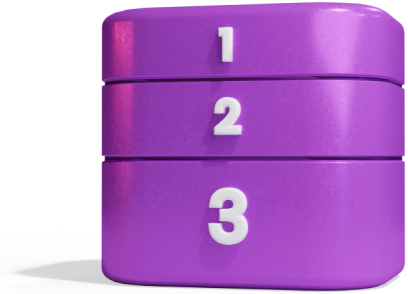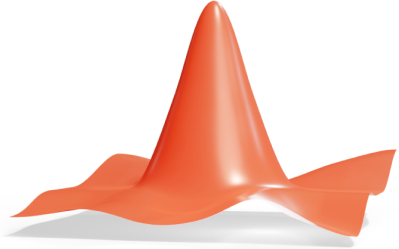11th Grade Q1
Stocks and bonds are traded in specific places called markets. These markets allow people to buy and sell investments easily. Let’s explore how these markets work and what makes them different.
The Stock Market
The stock market is where stocks are bought and sold. A stock represents partial ownership, or equity, in a company.
What happens in the stock market?
Companies list their stocks for trading, and buyers and sellers agree on a price. These transactions happen in stock exchanges.
Examples of stock markets
- New York Stock Exchange (NYSE) and Nasdaq in the United States
- London Stock Exchange (LSE) in the United Kingdom
- Tokyo Stock Exchange (TSE) in Japan
Key terms in the stock market
- Initial Public Offering (IPO): When a company sells its stocks to the public for the first time.
- Stock/Share price: The current price the stock is trading for on the market, which changes based supply and demand.
How does it work?
- If many people want to buy a stock, its price rises. Demand has increased.
- If many people want to sell a stock, its price falls. Demand has decreased.
What affects the supply and demand of a stock is a complex combination of a companies literal and perceived effectiveness, industry trends, the national and international economy, and politics.
The Bond Market
The bond market is where bonds are bought and sold. Bonds are loans made by investors to companies or governments in exchange for interest payments. They do not grant partial ownership (equity) of a company.
What happens in the bond market?
Companies and governments issue bonds to raise money. Investors buy these bonds and earn interest over time.
Examples of bonds:
- Government bonds: Issued by national governments, like U.S. Treasury Bonds or UK Gilts.
- Corporate bonds: Issued by companies like Apple, Toyota, or Coca-Cola.
Key terms in the bond market:
- Face value: The original amount of the bond (e.g., $1,000).
- Coupon rate: The interest rate paid on the bond (e.g., 5%).
- Maturity date: The date the bond issuer returns the full amount to the investor.
How does it work?
- Investors lend money by buying bonds.
- The issuer pays interest regularly and repays the full amount when the bond matures.
Stock Market vs. Bond Market
- The Stock Market focuses on ownership and potential growth. Stock prices can rise or fall quickly, making it riskier but offering higher potential rewards.
- The Bond Market focuses on lending and stability. Bonds are safer (but not risk free) because interest payments and repayment are typically guaranteed.
Why These Markets Matter
For Companies
- Companies use the stock market to raise money without borrowing.
- They use the bond market to borrow money at lower interest rates.
For Investors
- The stock market provides opportunities for high growth over time.
- The bond market offers steady income and lower risk.
Summary
- The stock market is where shares of companies are bought and sold. It offers higher risks but higher potential profits.
- The bond market is where loans to governments or companies are traded. It provides safer and steadier returns.




















